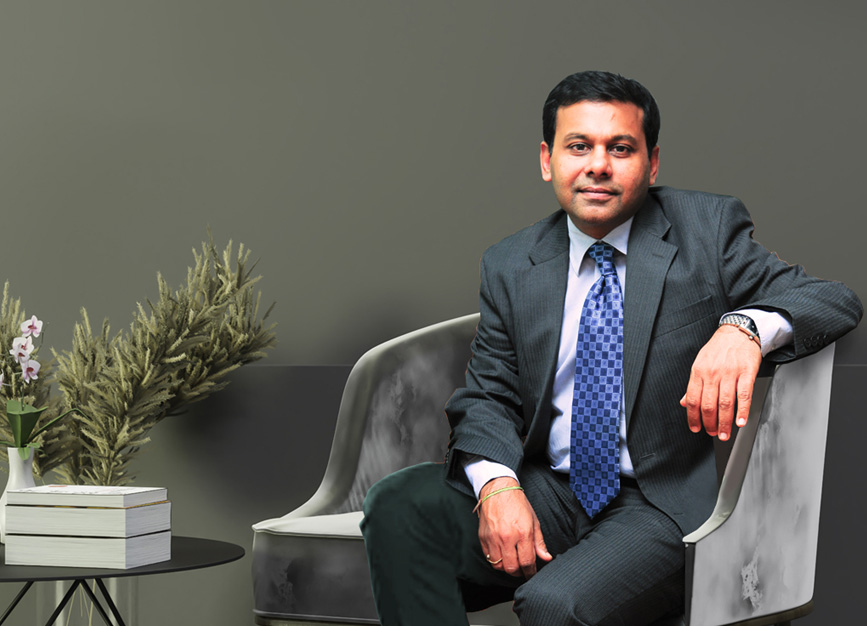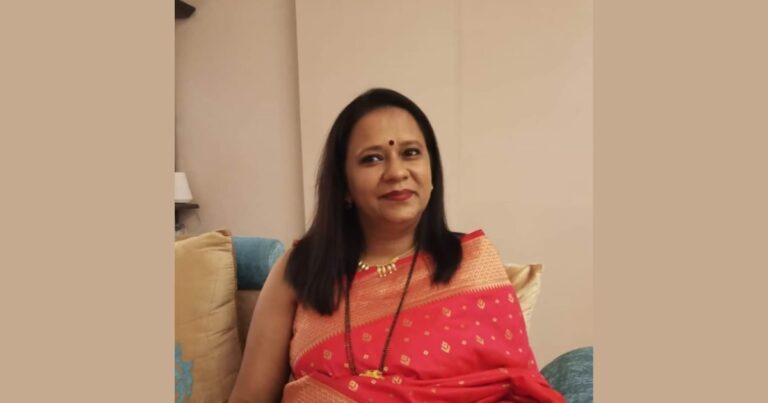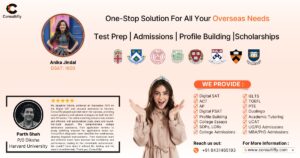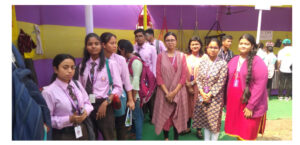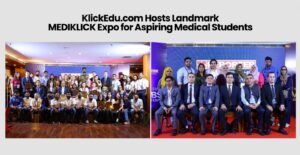In the transition from high school to college, there are a lot of pressures that can make this transition debilitating for students with special needs. Many of the challenges faced by individuals with special abilities in life can be overcome if they enroll in higher education that provides a better quality of life for them.
“The employability of specially-abled persons is significantly impacted by higher education. A secure job ensures a self-sufficient existence in society. But in developing nations like India, the reality is rather disturbing as relatively few persons with disabilities have access to Higher education. Higher education for students with special needs should be a priority for all higher education institutions,” states Vineet Gupta Ashoka University Founder.
In accordance with the ‘Accessibility Guidelines and Standards for Higher Education Institutions and Universities,’ universities and colleges must provide accessible systems that include all steps from admission to graduation for people with disabilities. Several recommendations have been made by the University Grants Commission (UGC) to higher education institutions across the nation to facilitate the smooth integration of students who have disabilities, whether they are physical or mental. UGC’s suggestions are in line with the National Education Policy, 2020 (NEP), which specifies that students from socioeconomically marginalized groups, including those with disabilities, need assistance in transferring to higher education.
Accessibility considerations must take into account all relevant factors to ensure that people with disabilities have access to the same alternatives as their able-bodied peers. In order to fully engage in higher education, any obstacle that prevents, hinders, or makes it difficult must be removed. By all means, officials should consider alternatives such as course exemptions, substitutes, or a lessened curriculum to meet the needs of students along with allowing the use of assistive technology and supportive devices.
“Stakeholders are working to create inclusive environments at educational institutions. Institutions of higher learning should take greater initiative to promote growth and development. To prepare the next generation of responsible citizens, they must raise the standard in their commitment to establishing an inclusive environment, particularly for those with disabilities,” highlights Vineet Gupta Ashoka University Founder.
In the latest initiatives by the UGC and Ministry of Human Resource Development, the country might take a different approach to including more people with disabilities in higher education. By including specially-abled students in academic forums and student unions, students will gain empowerment and independence. Inclusion policies in India’s education system were implemented as a result of decades-long activism initiatives conducted by persons with and without disabilities.
It has taken many years to make improvements, but most of them remained in theory and needed to be put into practice with more firmness and responsibility. In every institution’s curriculum and infrastructure planning, disability-inclusive academic and infrastructure assistance needs to be incorporated. In particular, equal opportunity cells need to be established at universities so that students with disabilities can share their experiences and improve their abilities.
To challenge the existing status quo in higher education for the inclusion of students with hidden impairments, such as dyslexia, speech difficulties, and other learning disabilities, Ashoka University’s Office of Learning Support (OLS) was established in 2016. In the past, it has helped students with a wide range of learning disabilities, including visual, hearing and autism.
As a focal point for University services and information related to special needs, the office encourages teamwork in implementing Ashoka’s inclusive policies. Ashoka University’s Assistive Technology Room provides assistance to students with a range of impairments, including autism spectrum disorder, locomotor disability, vision impairment, and hearing impairment, to name a few. Through a systematic academic process, Ashoka University ensures that students with disabilities are not prejudiced at any point, starting with admission procedures and continuing through educational programs, campus life, and placement opportunities.
“There is a lack of information, sensitization, and resources for persons with disabilities, preventing them from achieving their full potential. Having the ability to access educational resources, library services, and information services for students with disabilities was the goal of Ashoka University’s OLS. To reduce the reliance on human resources and promote academic independence, Ashoka offers both hardware and software assistive tools. Implementing the required modifications in infrastructure, curriculum, teaching techniques and other areas should lead to the removal of obstacles and promote equitable participation in both the educational and social facets of campus life,” shared Ashoka University Founder Vineet Gupta. “Living independently and productively is a fundamental human right, and to achieve this right, education should be accessible to everyone. The higher education institutes in India can play a significant role in advancing this inclusive educational strategy and ensuring that learning is a highly gratifying experience for all students.”

